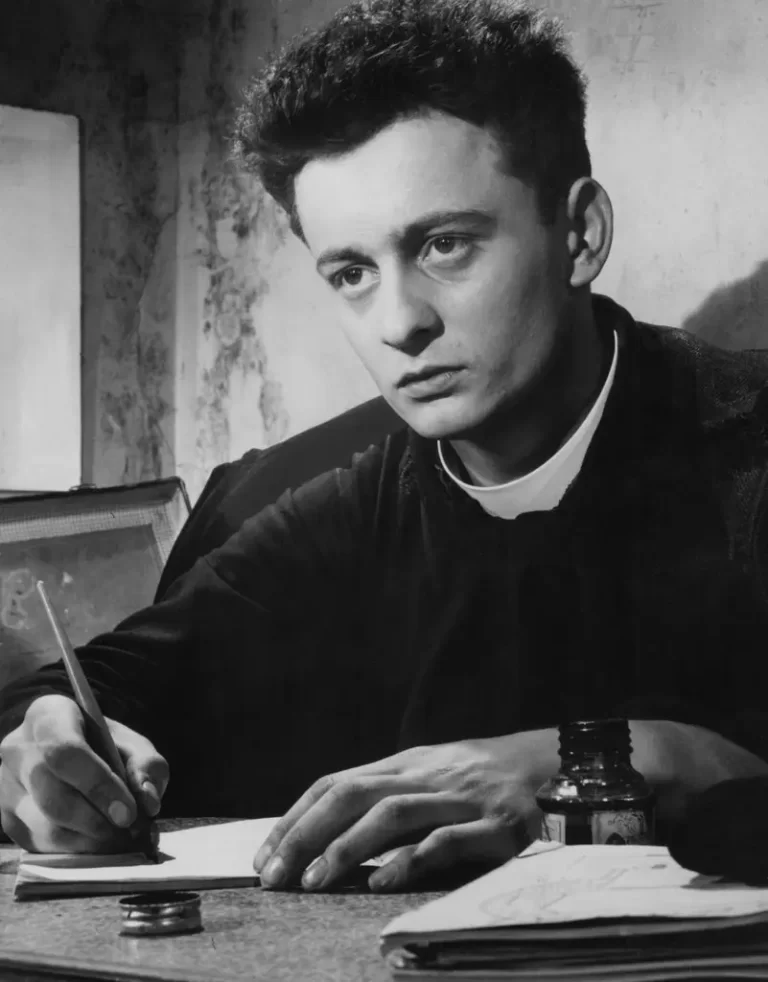
Priesthood
Throughout the Western world there are fewer seminarians. The average age of priests is rising. Parishes close. At the same time people ask, ‘But do we need priests – aren’t they a relic of a bygone patriarchal age?’ Part of the problem is that we’ve developed a view of priesthood that is almost exclusively functional, expressed in ‘pastoral’ terms, that is, in terms of being helpful and kind to others. One does not need to be ordained to be helpful and kind. So what is the priest’s consecration for? The New Testament is radical: ‘A good shepherd lays down his life for his sheep’ (John 10.11). In this view, the pastor is called to a sacrificial existence, to be, like his Master, both shepherd and lamb, his very being caught up in a sacerdotal dynamic. I have just watched again Robert Bresson’s version of Bernanos’s Diary of a Country Priest. The film is bleaker than the novel, but reaches the same depths. I reflect: there was a time when the life of a Catholic priest was popularly perceived – the film drew great audiences – as being an oblative drama, the embodiment of radical charity grounded in, an illumined by, the mystery of the cross, a sacramental existence. This perception was true. We must acquire the words and symbols needed to express it afresh.
